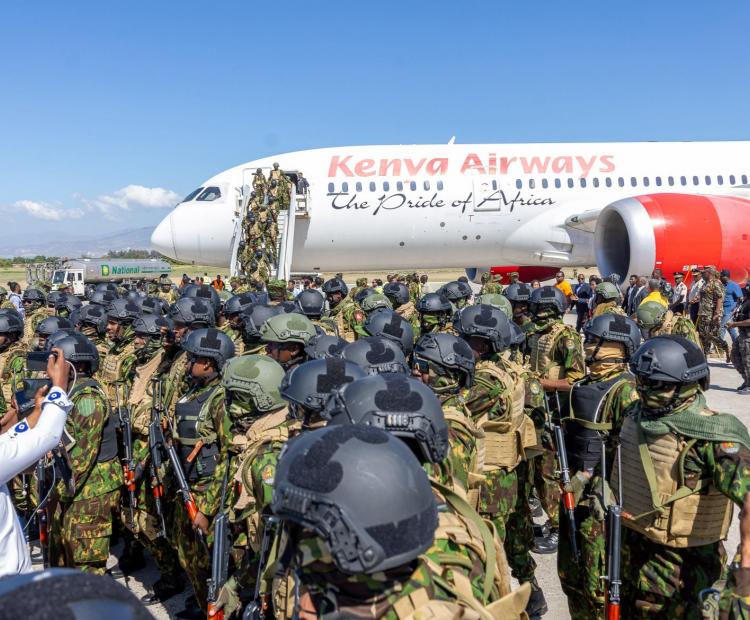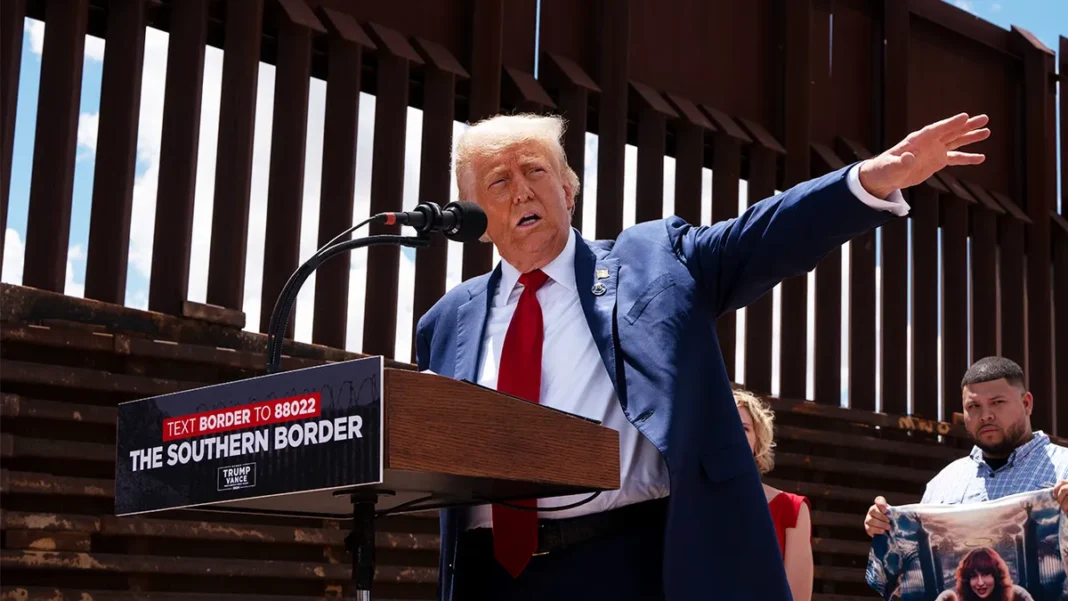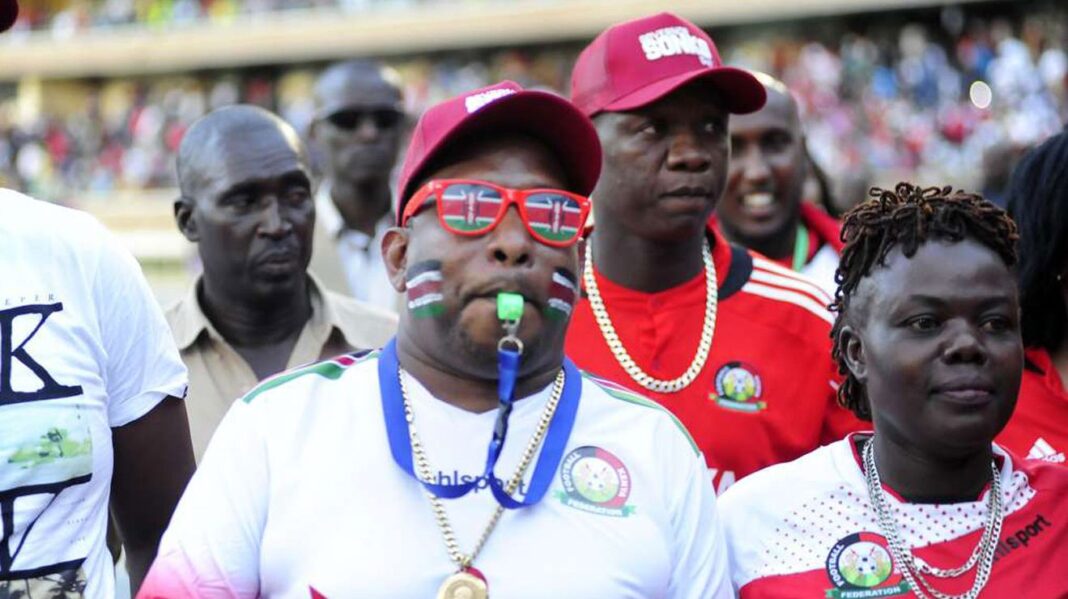Kenyan police serving in Haiti have received high praise from the Trump administration for their frontline role in tackling gang violence. The officers, part of the Multinational Security Support (MSS) mission, have been credited with stabilizing volatile neighborhoods in Port-au-Prince and other regions plagued by crime.
US officials say Kenya’s contribution has been crucial, but Washington now wants to recalibrate the mission. Plans are underway to expand resources, double troop numbers, and possibly change leadership, raising questions about the future role of Kenyan police in Haiti.
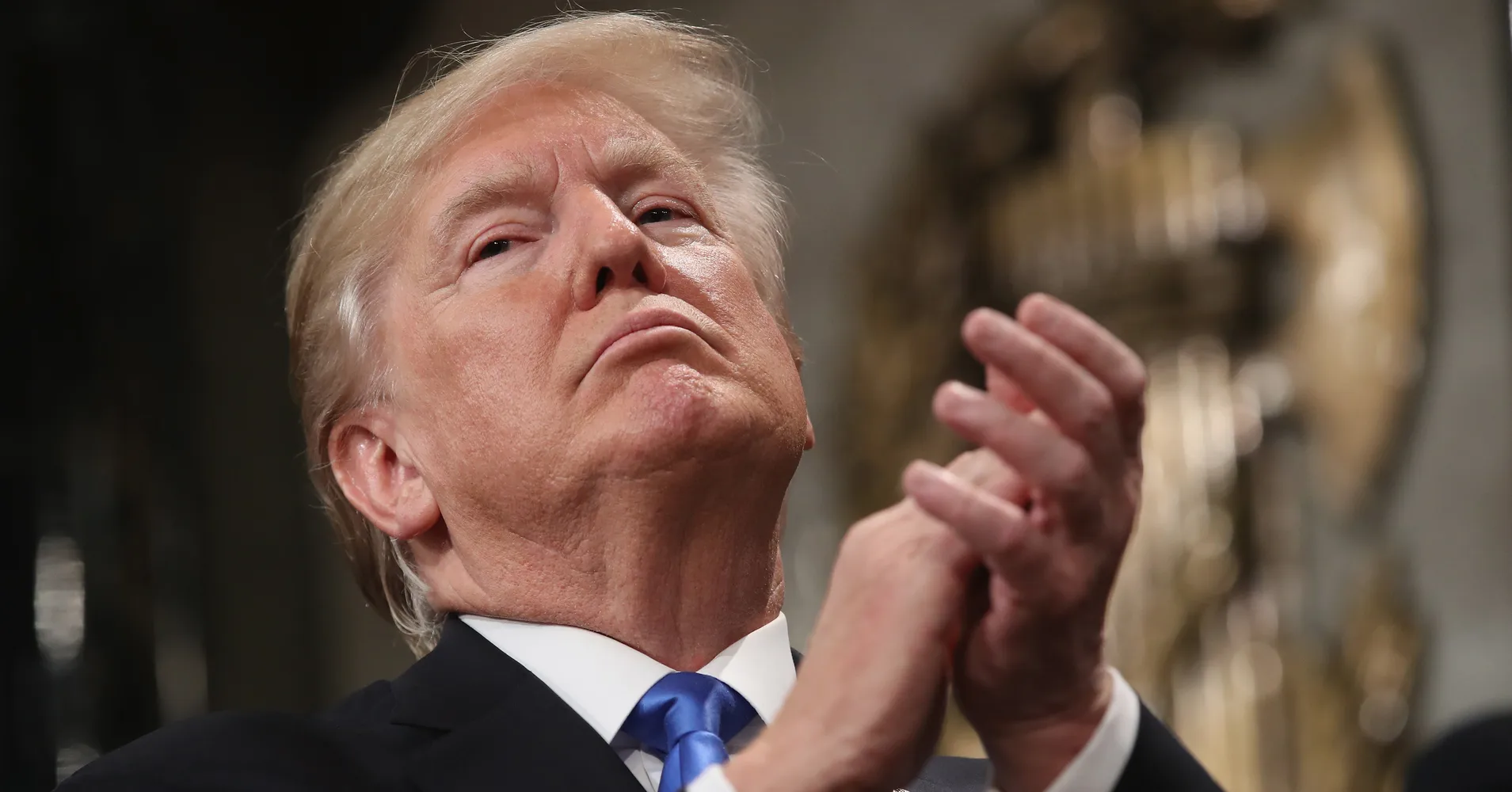
US Praises Kenyan Police in Haiti but Pushes for Mission Changes
On Friday, August 22, US Ambassador to Haiti Henry Wooster commended the Kenyan police in Haiti for their strong performance.
“The Kenyans have done everything we have asked them to do,” Wooster told Haitian journalists during a press briefing.
He highlighted their role in preventing bloodshed and holding ground against violent gangs. According to Wooster, the officers fulfilled their mandate and made a difference in a nation overwhelmed by lawlessness.
Despite the praise, Wooster admitted the US is working on a strategy to strengthen and alter the MSS mission. He said the goal is to ensure that the force has better resources, equipment, and leadership structures.
“We want to make sure corrections and recalibrations are made so that the force is truly aligned with the challenges it faces,” Wooster said.
Push to Double Troops and Expand Resources
The US government is preparing to double the number of security personnel in Haiti. Officials argue that more manpower is needed to match the growing threat of heavily armed gangs.
Wooster explained that Washington wants the MSS mission to operate with greater authority and improved logistics. The plan includes supplying more vehicles, communications systems, and specialized training.
The proposed shift comes after one year of Kenyan leadership in Haiti, which the US views as successful but in need of reinforcement.
Two days earlier, US Deputy Chief of Mission Kimberly Penland told the UN Security Council that Washington is drafting a resolution to restructure the mission. If passed, it would pave the way for additional funding and operational backing, using peacekeeping resources.
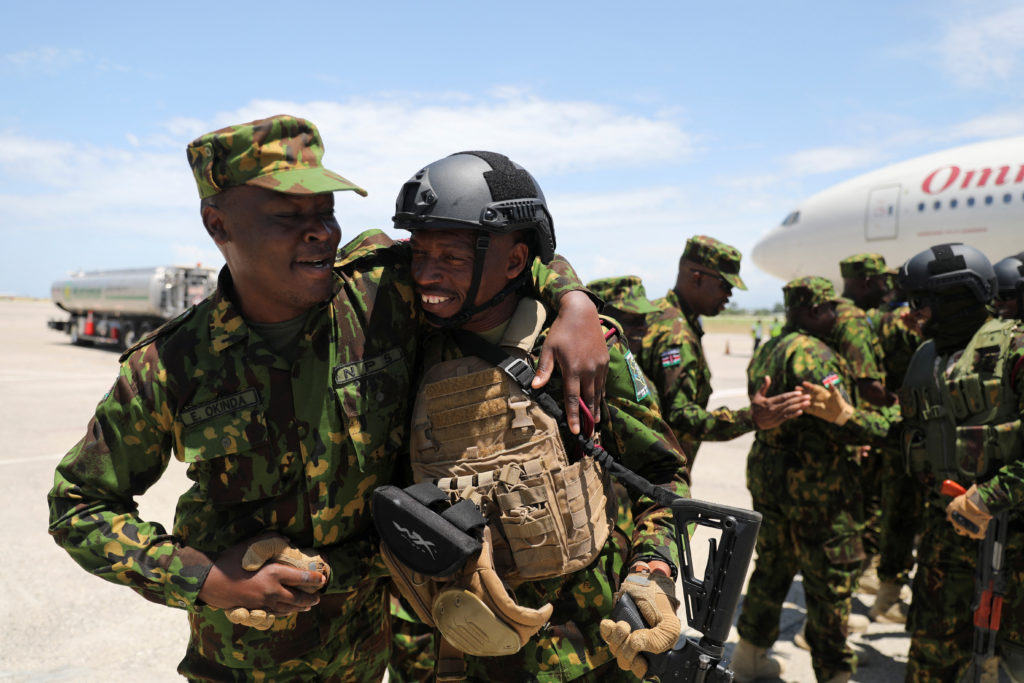
Kenya’s Role at a Crossroads
The possibility of changing leadership raises questions about Kenya’s role going forward. Nairobi has carried the responsibility of leading the multinational mission since its launch, winning international recognition for stepping up when other countries hesitated.
UN Secretary-General António Guterres also supports adjustments, saying Haiti requires deeper logistical and operational support. His proposal, if endorsed, could mean the MSS gains a broader regional leadership model instead of a single nation in charge.
While these changes are debated in New York and Washington, the situation in Haiti remains dire. Thousands have died, and countless families have been displaced by the escalating gang wars. The Kenyan police in Haiti remain on the ground, navigating dangerous conditions and trying to maintain fragile order.
Conclusion
The Trump administration’s praise shows that the Kenyan police in Haiti have earned global respect for their service. However, the looming changes could reduce Kenya’s leadership role.
With US pressure for expansion and UN proposals for restructuring, the MSS mission appears set for a major overhaul. Whether Kenya retains its leadership or shifts into a supporting role, its officers have already left a strong mark on Haiti’s struggle for peace.
